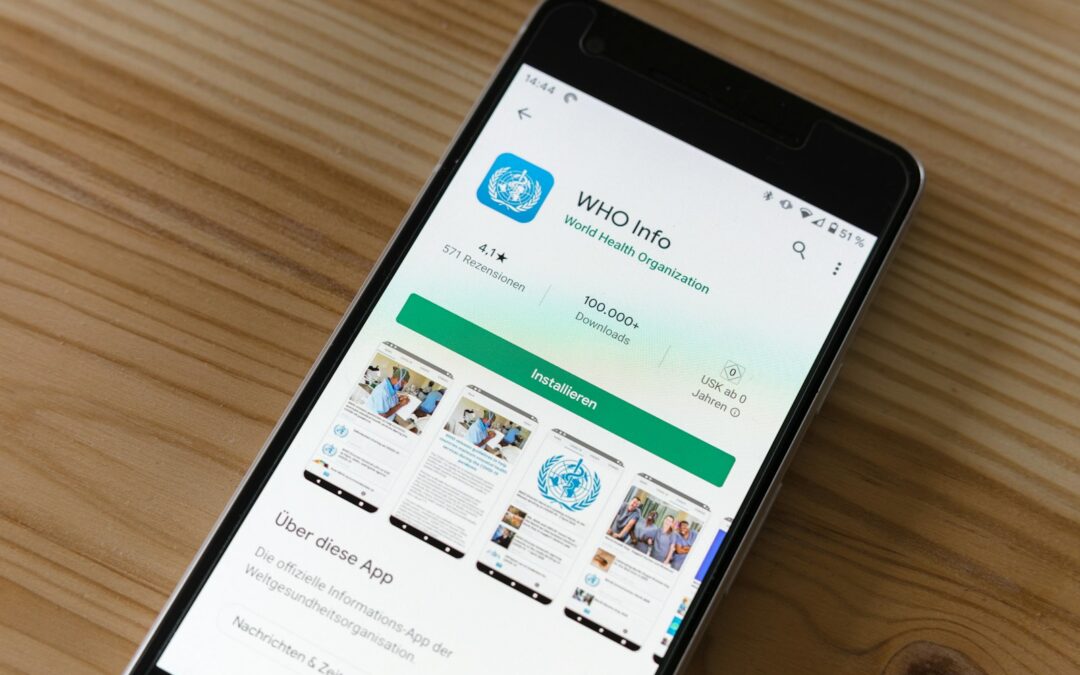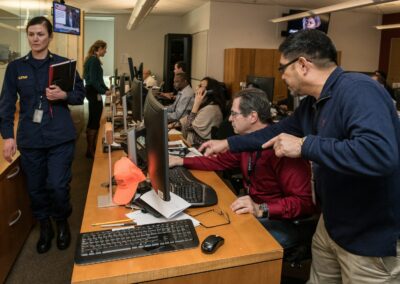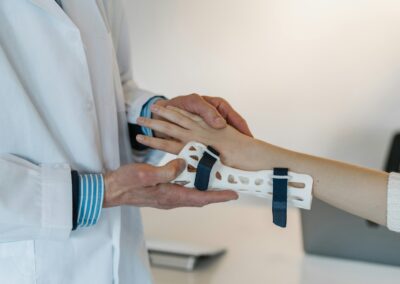Maximizing Healthcare Efficiency through Advanced HIE Technologies
The Role of HIEs in Facilitating Research
Health Information Exchanges (HIEs) are pivotal in enhancing healthcare research by providing access to large datasets that can be used to study health trends and outcomes. In rapidly developing regions such as Saudi Arabia and the UAE, the implementation of HIEs is crucial for optimizing resource use and reducing healthcare costs. These systems enable seamless access to patient information across various healthcare providers, ensuring that accurate and up-to-date data is available whenever and wherever it is needed. This wealth of data is invaluable for researchers aiming to identify patterns, predict outcomes, and develop new treatments and interventions.
In cities like Riyadh and Dubai, where healthcare systems handle a large volume of patients daily, HIEs play a critical role in streamlining operations and supporting research initiatives. By facilitating the aggregation and analysis of patient data, HIEs enable researchers to conduct comprehensive studies that can lead to significant improvements in public health. This integration reduces administrative burdens and minimizes the risk of errors associated with manual data entry and fragmented information. Consequently, healthcare professionals can deliver more accurate diagnoses and appropriate treatments, enhancing overall patient outcomes and advancing medical knowledge.
Artificial Intelligence (AI) further augments the capabilities of HIEs by analyzing vast amounts of data to identify patterns and trends. AI algorithms can detect potential redundancies in testing and procedures, alerting healthcare providers to avoid unnecessary repetitions. In the competitive healthcare markets of Saudi Arabia and the UAE, leveraging AI-enhanced HIEs provides a significant advantage in both patient care and operational efficiency. By reducing redundant testing, healthcare organizations can allocate resources more effectively and focus on delivering high-quality care, while researchers can gain deeper insights from the data.
Blockchain Technology and Data Security in HIEs
Blockchain technology is another critical component in the evolution of HIEs, providing robust data security and integrity. Blockchain’s decentralized and immutable nature ensures that healthcare data is secure, tamper-proof, and transparent. This is particularly important in regions like Riyadh and Dubai, where data privacy and security are paramount concerns. By securing patient records and facilitating secure data sharing among healthcare providers, Blockchain enhances trust and compliance with healthcare regulations, which is essential for ethical research practices.
The integration of Blockchain in HIEs also supports the creation of a secure audit trail of all data transactions. This ensures transparency and accountability, which are essential for maintaining regulatory compliance and building trust among patients and healthcare providers. For business executives and mid-level managers in the healthcare sector, understanding the strategic value of Blockchain in HIEs is essential for driving innovation and maintaining regulatory compliance.
Moreover, Blockchain technology facilitates seamless data exchange across different healthcare systems. In the dynamic healthcare environments of Saudi Arabia and the UAE, where multiple stakeholders often need to access and update patient records, Blockchain ensures that data integrity is maintained without compromising security. This enhances the overall efficiency of healthcare delivery and supports better patient outcomes, while also providing a reliable foundation for extensive research initiatives.
Executive Coaching and Leadership Development
Executive coaching focuses on developing leadership and management skills critical for overseeing complex technological implementations like HIEs. In the context of healthcare, coaching helps leaders understand the technical aspects and operational benefits of these systems, enabling them to drive change effectively. For executives in Riyadh and Dubai, where technological advancements are rapidly reshaping industries, such coaching is invaluable. It fosters a culture of innovation and resilience, which is crucial for the successful adoption of new technologies and maintaining a competitive edge in the healthcare sector.
Effective Communication and Project Management
Effective communication is vital for the successful implementation of HIEs. Clear and consistent communication ensures that all team members understand the objectives and benefits of the new system. Additionally, strong project management skills are essential for coordinating the various phases of HIE implementation, from initial planning to full-scale deployment. By fostering a collaborative environment and addressing potential challenges proactively, healthcare organizations can ensure a smooth transition to advanced HIEs.
In conclusion, Health Information Exchanges represent a significant advancement in healthcare, offering enhanced data exchange and analytics capabilities. For business executives, mid-level managers, and entrepreneurs in Saudi Arabia and the UAE, embracing these technologies is essential for achieving long-term business success and sustainability. Through effective change management, executive coaching, and strategic partnerships with management consulting firms, organizations can navigate this technological transition successfully, leveraging the full potential of HIEs to drive innovation and efficiency in healthcare.
#HealthInformationExchanges #HIEs #HealthcareEfficiency #AIinHealthcare #BlockchainInHealthcare #ExecutiveCoaching #ChangeManagement #BusinessSuccess #EffectiveCommunication #ManagementConsulting #GenerativeAI #LeadershipSkills #ProjectManagement #SaudiArabia #UAE #Riyadh #Dubai























